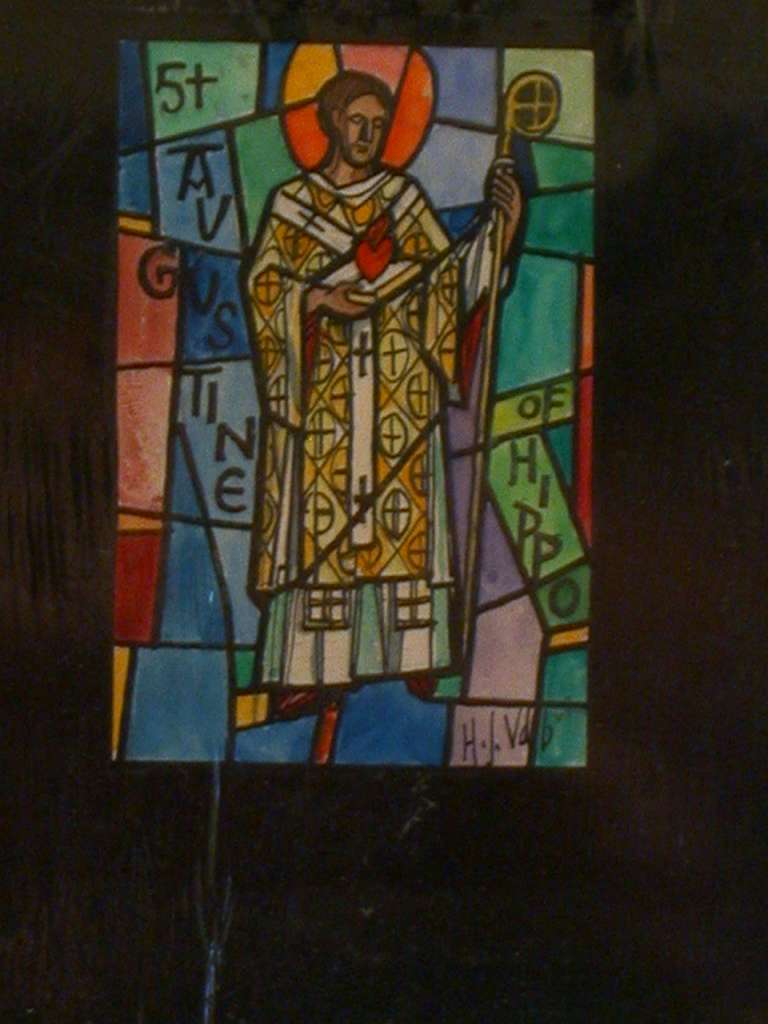The following passage is from The Way of Silence by Benedictine monk Brother David Steindl-Rast (1926 – ). Brother David was born in Vienna, Austria and emigrated to the United States with his family in the early 1950s, where he joined the monastic community of Mount Saviour Monastery in New York. Having received a PhD from the University of Vienna and a Postdoctoral Fellow from Cornell University, he was highly regarded as an author and lecturer, touching many lives with his knowledge and deep spiritual wisdom. For more information on Brother David Steindl-Rast, please visit https://gratefulness.org/brother-david/about-brother-david/
“It is my conviction that at the core of every religious tradition lies an experience that is accessible to all of us, if we open our hearts to it. The heart of every religion is the religion of the heart.” — David Steindl-Rast
“Heart stands here for that core of our being where we are one with ourselves, one with all, one even with the divine ground of our being. Belonging is therefore a key word for understanding the heart – the oneness of limitless belonging. A second key word is meaning, for the heart is the organ for meaning. As the eye perceives light and the ear sound, the heart perceives meaning. Not in the sense of the meaning of a word that we might look up in a dictionary. Rather, meaning as that which we have in mind when we call an experience deeply meaningful. Meaning in this sense is that within which we find rest.
“The great teacher concerning the heart in the Christian tradition is St. Augustine. … Living during the collapse of the Roman Empire from the fourth to the fifth century – the collapse in fact of the known world of his time – he turned inward and discovered the heart. His Confessions have been called the first psychological autobiography. In Christian art he is depicted as lifting up a heart in his hand.

“In my heart of hearts,” St. Augustine wrote, “God is closer to me than I am to myself.” Paradoxically, he also wrote, “restless is our heart until it rests in you, O God.” The first of these two quotations expresses our deepest belonging, the second our restless longing for ultimate meaning. What we know at the end of our quest is the meaning of belonging. And the driving force of the spiritual quest is our longing to belong.
“In order to check this out more concretely against your own experience, please try to remember now one of your most alive, most awake, most meaningful moments. Psychologists call these moments “peak experiences”; religious parlance speaks of “mystical moments.” The mystic experience is an (often sudden) awareness of being one with the Ultimate – a sense of limitless belonging to God, if you wish to use this term. Suddenly, for a brief moment, you feel no longer “left out,” as we so often do, no longer orphaned in the universe. It feels like a homecoming to where you belong.
“We all have had these moments even if we shy away from calling them mystical. Rightly understood, the mystic is not a special kind of human being; rather, every human being is a special kind of mystic. At least, this is our calling. In peak experiences we glimpse what life could be like if humans were relating to one another and to all there is, not in an atmosphere of alienation, but out of a deep sense of belonging. All of us are challenged by the glimpses we catch in our best moments. Those who rise to that challenge become mystics.”1
1Steindl-Rast, David. The Way of Silence. Kindle ed. Franciscan Media, 2016. p19-21


